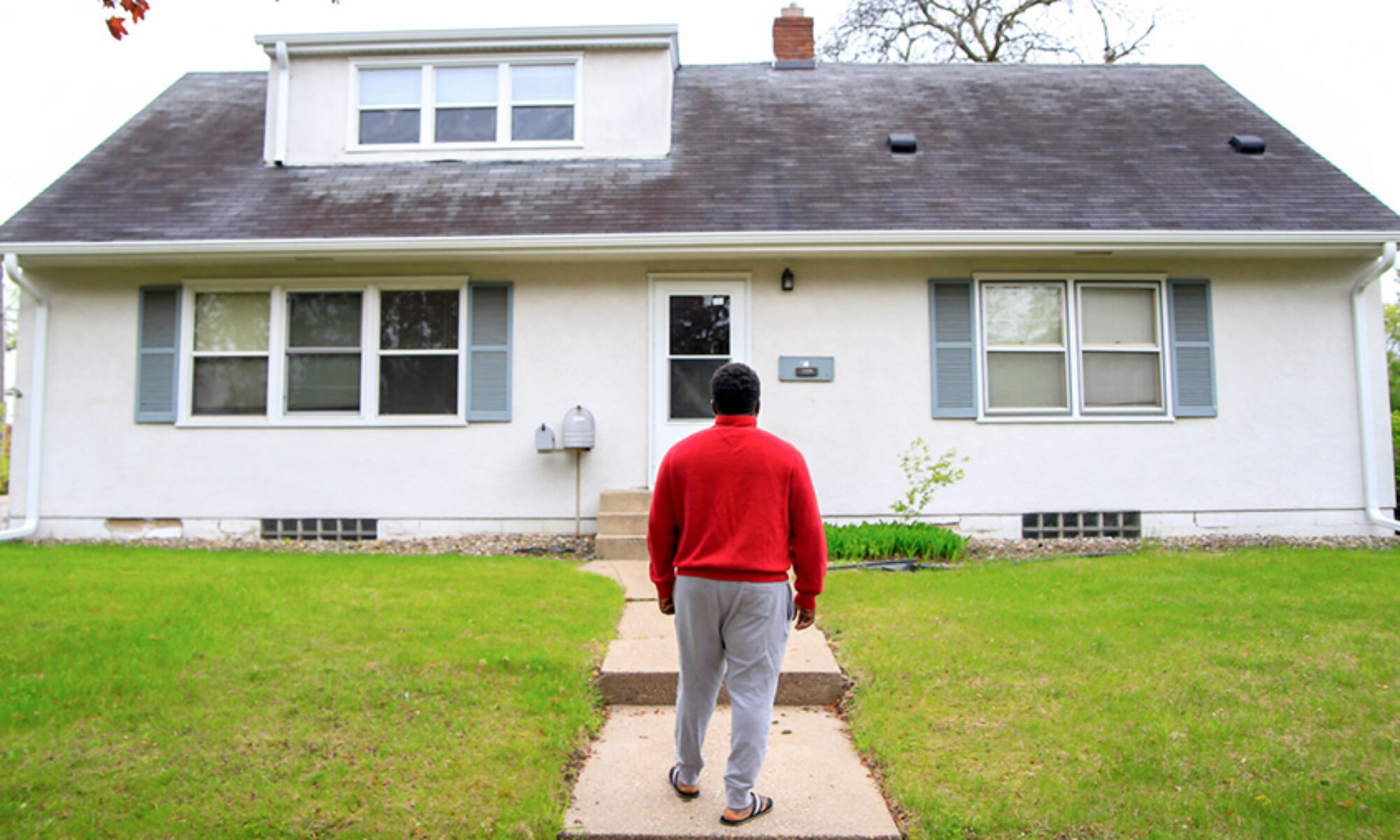Written by: Betty Ghebremicheal
Creating Belonging
I used to think belonging was something you stumbled into. You show up, and eventually, if you’re lucky, you find people who get you. But this past semester, during my internship at Jonathan House, I learned that belonging can be something you create- with intention, with care and with others who are trying to do the same.
The beautiful moments that were created over breakfast, or the quiet moments of trust when someone told me about their journey are some of the things that I will treasure in my heart. One resident, out of comfort, commented, “I feel like I can sleep and rest better when I am at Jonathan House than when I am anywhere else.” Jonathan House supports asylum seekers as they rebuild their lives in the U.S.—but more than that, it’s a place where strangers become neighbors, and neighbors become family.
A New Encounter
I remember one sunny day when Carine and Alamnseh were outside taking pictures. I didn’t want to intrude, but I quietly hoped someone might want to go for a walk. Carine, who I’d come to learn loves walking—especially to pick up her son from daycare—looked over and asked, a little shyly, if I’d like to come with her.
That walk changed everything.
Up until then, I hadn’t felt deeply connected with the women. But that walk opened a door. Carine talked about her dreams—what she hoped to do for her kids, what kind of life she wanted to build. Her words were full of energy and hope. It reminded me that even when life feels unstable, hope for the future is what keeps people going.

Jonathan House intern, Betty, enjoys a sunny fall walk.
Growing Hope
That’s what Jonathan House does—it creates a space where that kind of hope can grow.
What would it look like for you to help build belonging—right where you are?
Whether it’s walking alongside a neighbor, supporting a program like Jonathan House, or simply choosing to see people others overlook—you can be part of creating a world where no one has to belong alone.
Interested in a Jonathan House Internship?
Apply by May 30th – For more information visit: https://jonathanhouse.org/jonathan-house-internship-program/.



















